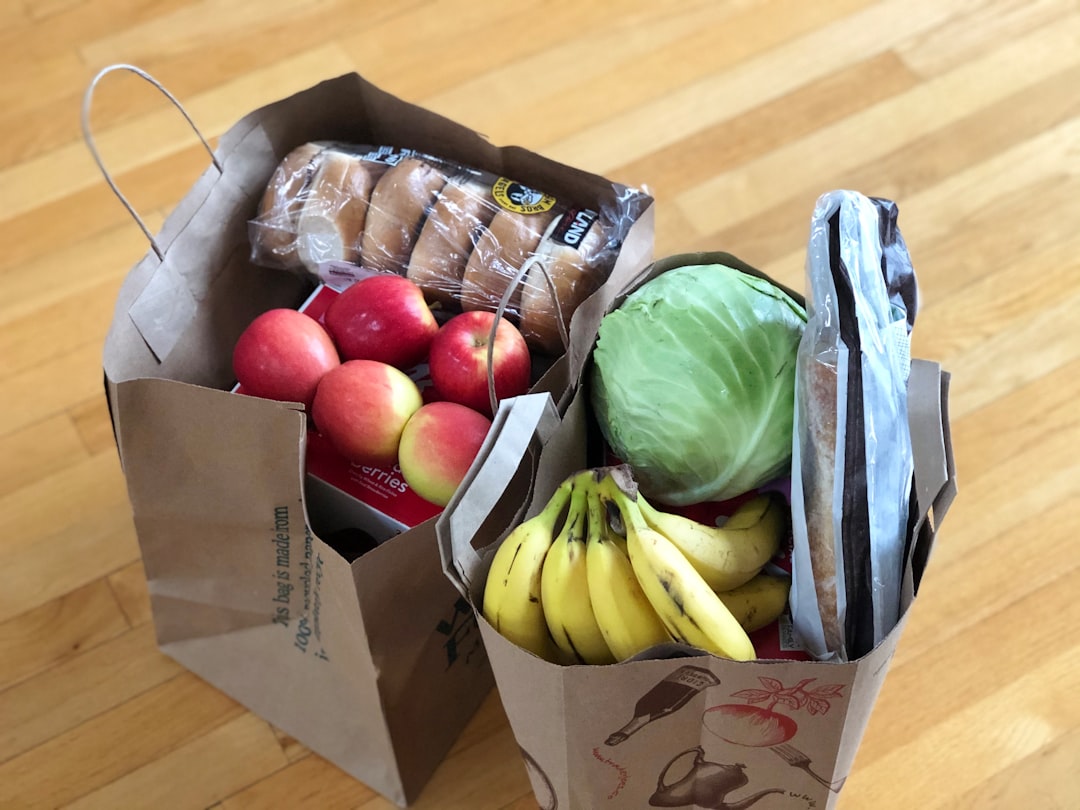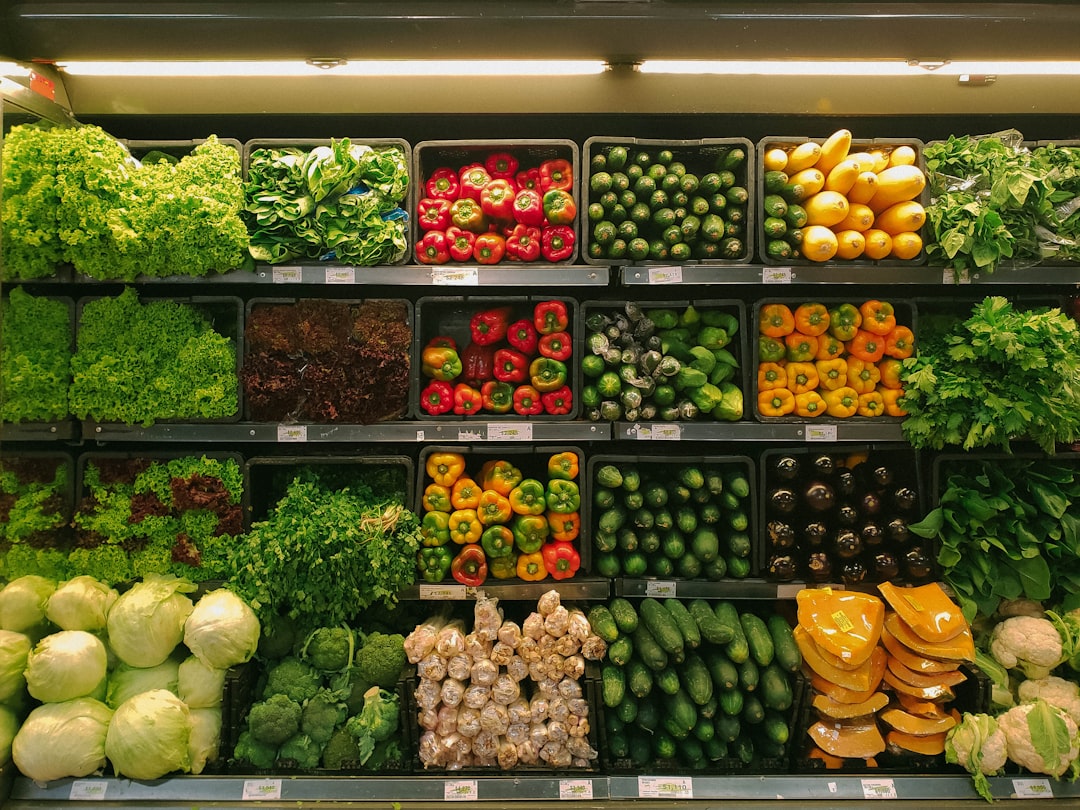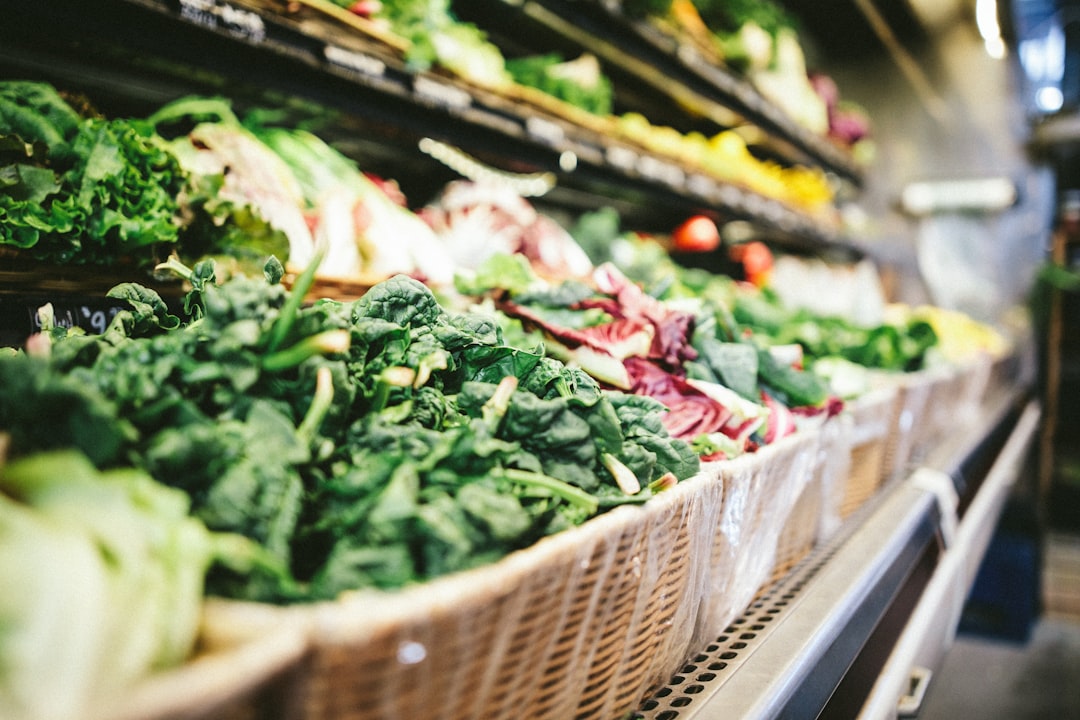As consumers, we all want to save money on our grocery bills. However, for many people, this can be a challenge. With the rising cost of food and other household expenses, it can be difficult to keep grocery costs under control. But why is it so important to save money on grocery bills?
Firstly, saving money on groceries can help you to stay within your budget and avoid overspending. It can also free up money for other important expenses, such as rent, utilities, and transportation. Additionally, by reducing your grocery bill, you can save money for emergencies or other financial goals, such as paying off debt or saving for a vacation.
However, saving money on groceries can be easier said than done. With so many options available, it can be overwhelming to know where to start. That’s why we’ve put together this guide, which outlines 5 simple ways to save money on grocery bills.
So, whether you’re a budget-conscious shopper or simply looking to cut back on your grocery expenses, read on for some helpful tips and tricks.
Plan Ahead
One of the most effective ways to save money on grocery bills is to plan ahead. This means creating a meal plan for the week, making a list of necessary ingredients, and sticking to the list while shopping. By doing so, you can avoid impulse purchases and ensure that you only buy what you need.
Meal planning can seem daunting at first, but it doesn’t have to be complicated. Start by thinking about what you want to eat for the week and write it down. Consider what ingredients you already have on hand and what you need to buy. This will help you avoid buying duplicate items or forgetting something important.
Once you have your meal plan, create a shopping list based on the ingredients you need. Be sure to include quantities so you don’t end up buying too much or too little. Stick to the list while shopping, even if you see something on sale that isn’t on your list. Remember, every item you add to your cart is an additional expense.
Planning ahead also means taking advantage of sales and promotions. Check your local grocery store’s weekly ads and plan your meals around what’s on sale. This can help you save money and try new recipes at the same time.
Another way to plan ahead is to buy in bulk. Purchase non-perishable items in bulk, such as rice, pasta, and canned goods. It is usually cheaper per unit and can save you money in the long run. Just be sure to divide into smaller portions for future use.
By planning ahead and sticking to your list, you can save money on your grocery bills. It may take a little extra effort, but the savings will add up over time.
Once you have your meal plan, create a shopping list based on the ingredients you need.
Shop in-season
One of the easiest ways to save money on grocery bills is to buy produce that is in-season. Not only is in-season produce usually cheaper, but it is also fresher and more flavorful. When produce is in-season, it is abundant and readily available, which drives down the price. On the other hand, buying out-of-season produce can be a costly mistake. When produce is out of season, it has to be imported from other regions or countries, which increases the cost.
Shopping in-season requires a little bit of planning and research. You can start by checking your local farmer’s market or grocery store for produce that is in-season. You can also do some research online to find out what produce is in-season in your area. Once you know what produce is in-season, you can plan your meals around those ingredients.
When you shop in-season, you not only save money, but you also support local farmers and businesses. By buying locally grown produce, you reduce the carbon footprint associated with transporting produce from other regions or countries. You also help to preserve the environment by supporting sustainable farming practices.
Overall, shopping in-season is a simple and effective way to save money on grocery bills. By buying fresh, in-season produce, you can enjoy delicious meals while staying within your budget.
You can also do some research online to find out what produce is in-season in your area.
Use Coupons and Loyalty Programs to Save Money on Your Grocery Bills
When it comes to saving money on your grocery bills, using coupons and loyalty programs can make a significant difference. Many people overlook these simple ways to save money, but they can add up quickly over time.
Firstly, keep an eye out for coupons in newspapers and online. Many grocery stores offer coupons that you can use to get discounts on your purchases. You can also find coupons on websites that specialize in providing deals and discounts. Be sure to check the expiration date on the coupons and only use them for items that you actually need.
Secondly, sign up for loyalty programs offered by your local grocery store. These programs can provide you with discounts on certain items, as well as rewards for your loyalty. Some stores even offer points that you can redeem for free groceries or other rewards.
Thirdly, take advantage of sales and promotions. Many grocery stores offer regular sales and promotions on certain items. Be sure to check the weekly ads and plan your shopping accordingly. You can also use apps that provide information on sales and promotions at local stores.
Using coupons and loyalty programs can help you save money on your grocery bills, but it’s important to be strategic. Don’t buy items just because you have a coupon or it’s on sale. Stick to your shopping list and only buy items that you actually need.
In addition to using coupons and loyalty programs, there are other ways to save money on your grocery bills. Buying in bulk, shopping in-season, and cooking meals from scratch are all effective strategies. By combining these tips, you can significantly reduce your grocery bills and save money for other important expenses.
Using coupons and loyalty programs is a simple and effective way to save money on your grocery bills. By being strategic and only buying what you need, you can maximize your savings and make your budget go further. Try these tips today and see the savings add up!
You can also find coupons on websites that specialize in providing deals and discounts.
Buy in Bulk
Buying items in bulk can be a great way to save money on your grocery bills. Non-perishable items such as rice, pasta, and canned goods can often be purchased in larger quantities at a lower price per unit. This can be especially beneficial for families or individuals who frequently use these items in their meals.
Bulk buying can also be a great way to reduce waste. By purchasing larger quantities, you can avoid the need to constantly restock these items, which can lead to excess packaging and waste. Additionally, many bulk items can be divided into smaller portions for future use, which can help you save both time and money in the long run.
When buying in bulk, it’s important to keep in mind the storage space you have available. Make sure you have enough room to store these items properly, and avoid buying more than you can realistically use before they expire.
Some stores specialize in bulk buying, such as warehouse clubs or bulk food stores. These stores often offer a wider variety of bulk items at even lower prices than traditional grocery stores. However, it’s important to compare prices and do your research before committing to a bulk purchase.
Buying in bulk can be a great way to save money on your grocery bills, but it’s important to do so responsibly. By keeping storage space in mind and avoiding waste, you can take advantage of the lower prices and convenience of bulk buying while still maintaining a healthy and sustainable lifestyle.
Buying in bulk can be a great way to save money on your grocery bills, but it’s important to do so responsibly.
Avoid Convenience Foods
When it comes to saving money on grocery bills, one of the biggest culprits that can quickly inflate your budget is convenience foods. These pre-packaged and processed meals are often marketed as a quick and easy solution for busy households, but they come at a premium price. Not only are they more expensive, but they are often loaded with preservatives, sodium, and other unhealthy additives.
Instead of relying on convenience foods, consider cooking meals from scratch using whole ingredients. This may require a bit more planning and preparation, but it can save you a significant amount of money in the long run. By buying fresh produce, grains, and proteins, you can create delicious and healthy meals that are tailored to your tastes and dietary needs.
In addition to being more cost-effective, cooking from scratch has other benefits as well. It allows you to control the quality and quantity of ingredients, so you can ensure that your meals are nutritious and balanced. It also gives you the opportunity to experiment with new flavors and cooking techniques, which can be a fun and rewarding experience.
Of course, cooking from scratch may not be feasible for every meal or every day of the week. But by incorporating more home-cooked meals into your routine, you can reduce your reliance on convenience foods and save money in the process. And if you’re really pressed for time, consider batch cooking on the weekends, so you have healthy meals ready to go during the week.
Overall, avoiding convenience foods is a simple but effective way to save money on your grocery bills. By cooking meals from scratch using whole ingredients, you can enjoy delicious and healthy meals while keeping your budget in check. So next time you’re tempted to reach for that frozen dinner or pre-packaged snack, think twice and consider the cost – both to your wallet and your health.
By buying fresh produce, grains, and proteins, you can create delicious and healthy meals that are tailored to your tastes and dietary needs.
Conclusion
After implementing these 5 simple ways to save money on grocery bills, you can see a significant decrease in your overall spending. Planning ahead, shopping in-season, using coupons and loyalty programs, buying in bulk, and avoiding convenience foods are all effective strategies to save money while still maintaining a healthy and balanced diet.
Meal planning and making a grocery list can help you avoid impulse purchases and stick to your budget. By buying produce that is in season, you can save money while also enjoying fresher and more flavorful fruits and vegetables. Coupons and loyalty programs can provide discounts on your favorite products, and buying in bulk can save you money in the long run.
Avoiding convenience foods and cooking meals from scratch using whole ingredients can not only save you money, but it can also improve your overall health and well-being. By taking control of your grocery spending, you can free up more money for other important expenses or savings goals.
So, what are you waiting for? Try these tips and see the savings add up. With a little bit of planning and effort, you can enjoy delicious and nutritious meals while still sticking to your budget.





